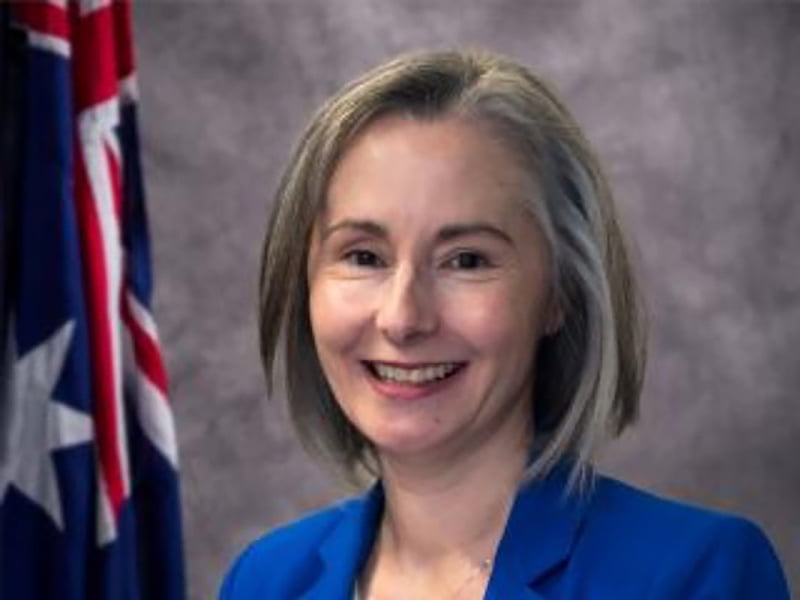Australia’s signals intelligence agency is “very confident” it can fill 1900 new cyber roles after receiving a $10 billion budget boost, despite losing around one in ten of its staff each year and a tight cyber security skills market.
On Wednesday, Australian Signals Directorate (ASD) director-general Rachel Noble said the agency would for the first time significantly expand its footprint beyond Canberra with new cyber security hubs in Melbourne, Brisbane and Perth to help attract staff, but added the spy agency already has no shortage of applicants.

It follows the announcement of a $9.9 billion ASD-led cyber project in last week’s budget, dubbed Resilience, Effects, Defence, Space, Intelligence, Cyber and Enables (REDSPICE). The project means the spy agency will double in size with 1900 new staff members, and will ‘triple’ its cyber offensive capability.
The move has been met with doubts about the agency’s ability to fill the new roles because of an overall shortage of cyber talent and ASD losing 9.2 per cent of its own staff each year.
Ms Noble told Senate Estimates the agency does not have the same issue as the wider market in finding talent. It already receives around 9,000 job applications each year, and currently has 700 candidates preapproved and in the ASD “pipeline” for new roles, she said.
The top spy said she was confident in filling the 1900 roles, which she noted won’t all be cyber or technology focused. She said ASD plans to hire most of new staff in the next five to seven years, and ASD’s own turnover is not necessarily a bad thing.
“From ASD’s perspective … we’re very confident that we will be able to recruit people to fill these roles with the skill set we need, and we are positioned through REDSPICE to try and invest in and develop those people,” Ms Noble said.
“I would imagine that our efforts in in that regard will greatly benefit the national security community writ large and…we do work together to help people get broader experiences, and then hopefully they return to our agency with a different perspective and view of what they’ve experienced outside of ASD.”
ASD officials said the agency’s separation rate has remained “relatively stable” at 9.2 per cent annually, but could not say how this compared with other government agencies.
ASD’s annual reports show its separation rate was 8.3 per cent in 2018/19, went down slightly the next year before climbing to 9.2 per cent in 2020/21.
The overall separation rate for the Australian Public Service – of which ASD is not technically a part – was 5.5 per cent in 2020/21, meaning ASD appears to have more trouble retaining staff than other government agencies.
However, it also adds more, with ASD adding 600 staff last year for a net gain of 330.
Ms Noble said as part of the push to add 1900 more staff over a decade, the agency wants 40 per cent of its staff operating outside of Canberra by 2027.
The agency will establish new hubs in Melbourne, Brisbane and Perth, although specific buildings are yet to be confirmed.
Melbourne and Brisbane hubs are expected to be operational by 2025 while Perth is slated for a year earlier. Existing Canberra locations can already accommodate the expected new staff there.
Ms Noble said the new hubs will help attract the new talent.
“REDSPICE gives us an opportunity to offer people ongoing roles in Brisbane, Melbourne and Perth, as well as Canberra,” she said. “So, in one respect, that will potentially remove a barrier that people might have to joining ASD.”
On the budget night claim that REDSPICE would triple ASD’s offensive cyber capabilities and double its cyber hunt and response activities, Ms Noble said the “vast amount” of the expected gains would come from the workforce increase while additional capability investments would make up the remainder.
“[It’s] more people, more teams, more able to prosecute [and] more operations. That’s essentially [where the increase comes from]. The people are the majority or the vast component in terms of money, if you like, to deliver against those two outcomes,” Ms Noble said.







